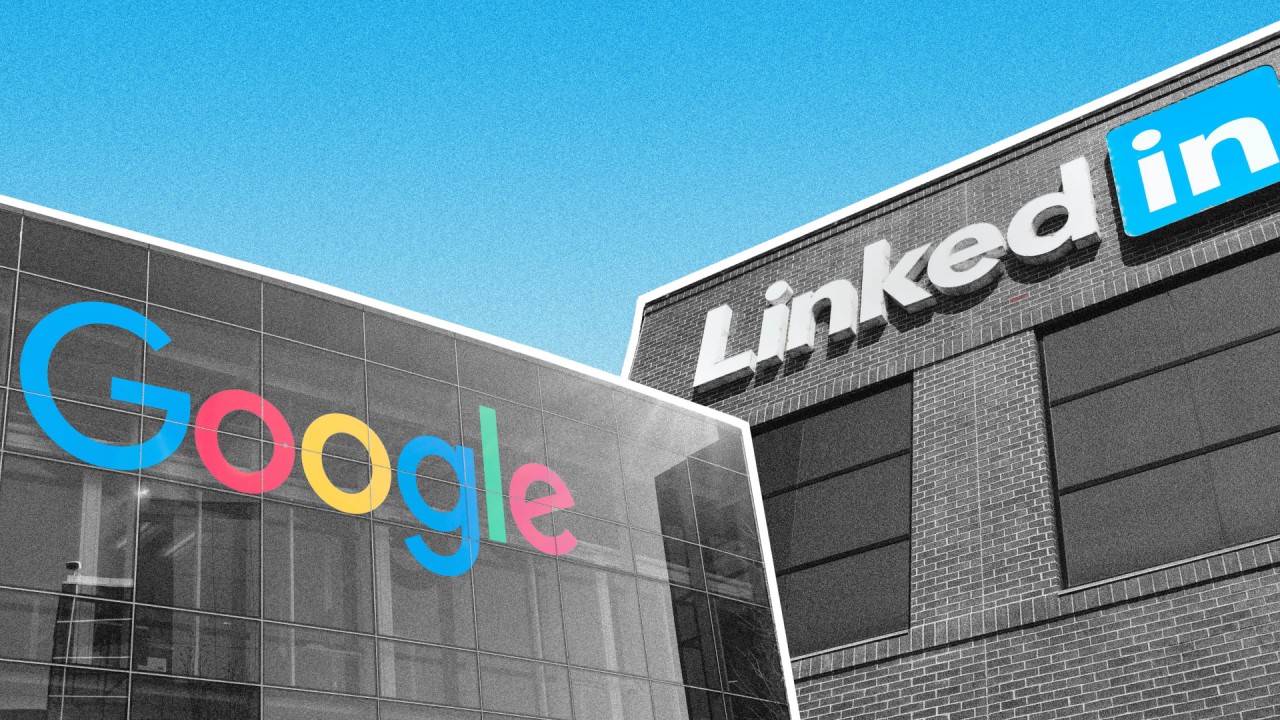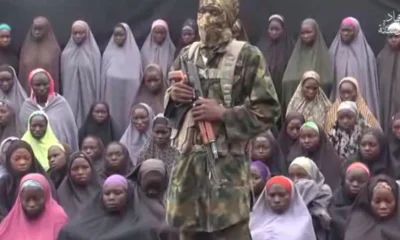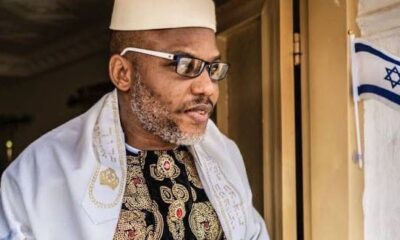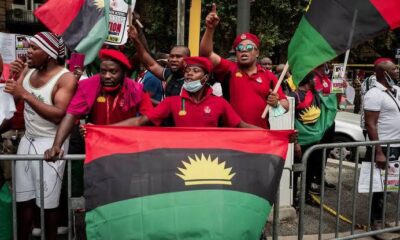News
Google, LinkedIn, TikTok Deactivate Over 28 Million Nigerian Accounts in One Year — NITDA DG
NITDA DG Kashifu Abdullahi says three major tech platforms shut down more than 28 million accounts linked to fraud, impersonation and harmful content.

- NITDA DG Kashifu Abdullahi says three major tech platforms shut down more than 28 million accounts linked to fraud, impersonation and harmful content, as Nigeria deepens collaboration with global tech companies to curb online abuse.
- The Director-General of the National Information Technology Development Agency, Kashifu Abdullahi, has revealed that three major global technology platforms deactivated more than 28 million accounts linked to fraud, impersonation and harmful content within the last year.
Abdullahi, who spoke on Monday during a symposium on digital innovations in crisis communication organised by the Centre for Crisis Communication, said Google alone removed 9,680,141 accounts connected to online fraud, impersonation and the spread of harmful content. LinkedIn, he added, took down nearly 16 million accounts, while TikTok also carried out similar mass deletions.
Describing the LinkedIn figures as “outrageous,” the NITDA DG noted that although the platform is designed for professionals, criminals have increasingly exploited it for impersonation and social engineering scams targeting individuals and organisations.
“So within last year, we have these platforms submitting their annual report. Just three platforms — Google, LinkedIn and TikTok — deactivated over 28 million accounts,” Abdullahi said.
“For me, this is outrageous because LinkedIn is mostly a professional site. So why are people using it to cause crises and other things? They use it for impersonation and for social engineering to defraud organisations and individuals.”

He explained that these actions were the result of continued collaboration between the Federal Government and global tech companies to address online harms and strengthen crisis communication systems.
According to him, more than 58.9 million pieces of harmful content were taken down across the platforms in the same period, while 420,000 posts were reinstated after user appeals or internal platform reviews.
Abdullahi stressed the importance of a transparent process for taking down and restoring content to prevent abuse of power while ensuring harmful material is promptly removed.
“If content is not violating any laws in Nigeria, there is no way we can just say take it down,” he said, adding that minority voices must also be protected through fair reinstatement mechanisms.
DON’T MISS: Paystack Fires Co-Founder Ezra Olubi Over Alleged Sexual Controversies
He noted that cooperation with tech companies has improved communication channels and supported reforms such as Nigeria’s Data Protection Regulation, which eventually led to the creation of the Nigerian Data Protection Commission.
Over the past decade, social media has become a critical tool for communication but also a major channel for misinformation, scams and extremist propaganda. In response, the Federal Government—through NITDA, the Nigerian Communications Commission and the Nigerian Data Protection Commission—has strengthened engagement with global tech companies to enforce local regulations that protect users without undermining free expression.

Minister of Information and National Orientation, Mohammed Idris, represented by the Director-General of the Voice of Nigeria, Jibrin Ndace, said emerging technologies must be deployed strategically to improve crisis communication and enhance national security.
“It is not only the insecurity that we battle, but also the narrative that frames the insecurity,” he noted.
Also speaking, the Chairman of the Centre for Crisis Communication, retired Major General Chris Olukolade, said crisis communication is now a strategic national security asset, emphasising that modern crises unfold in real time and require rapid, reliable responses.
According to him, public safety increasingly depends on fast access to verified information, strong institutional coordination and quick public response mechanisms.























